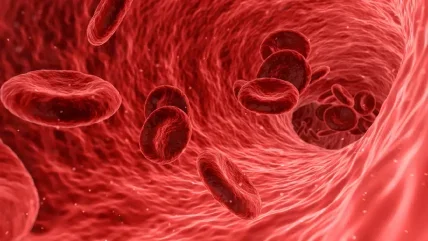
Quince Therapeutics has received the US Food and Drug Administration (FDA) Fast Track designation for its EryDex System for the treatment of patients with Ataxia-Telangiectasia (A-T).
The late-stage biotechnology company is developing a unique drug delivery technology that uses a patient’s own biology to deliver rare disease therapeutics.
EryDex comprises dexamethasone sodium phosphate (DSP), packed within the patient’s own red blood cells using Quince’s Autologous Intracellular Drug Encapsulation (AIDE) technology.
DSP is a corticosteroid known for its anti-inflammatory properties along with its dose-limiting toxicity due to adrenal suppression.
EryDex is designed to deliver the effect of corticosteroids and to reduce or eliminate the significant adverse effects linked to chronic corticosteroid treatment.
Quince chief executive officer and chief medical officer Dirk Thye said: “The granting of Fast Track status for EryDex System marks another important milestone in our endeavour to identify a beneficial therapeutic solution for patients with A-T.
“We have initiated our pivotal Phase 3 NEAT clinical trial, which is being conducted in the U.S., U.K., and the European Union.”
The FDA Fast Track designation has been granted based on the potential for EryDex to address a high unmet medical need for patients with A-T, a serious and life-threatening condition.
The designation represents a significant regulatory milestone for Quince, as the rare paediatric disease currently has no approved treatment in any global market.
Data from a prior Phase 3 study of EryDex showed positive efficacy results and a favourable safety profile.
Quince is actively enrolling participants for its global Phase 3 NEAT clinical trial to evaluate the neurological effects of EryDex in patients with A-T, with plans to enrol around 86 patients.
A-T is an inherited autosomal recessive neurodegenerative and immunodeficiency disorder caused by mutations in the ATM gene, which is responsible for cell division and functions.
EryDex leverages Quince’s proprietary AIDE technology that uses an automated process to encapsulate a drug into the patient’s own RBC, to treat A-T.
Red blood cells have several effective drug delivery characteristics, such as better tolerability, enhanced tissue distribution, reduced immunogenicity, and prolongation of circulating half-life.
The AIDE technology allows the chronic administration of drugs that have limitations due to toxicity, poor biodistribution, suboptimal pharmacokinetics, or immune response.






